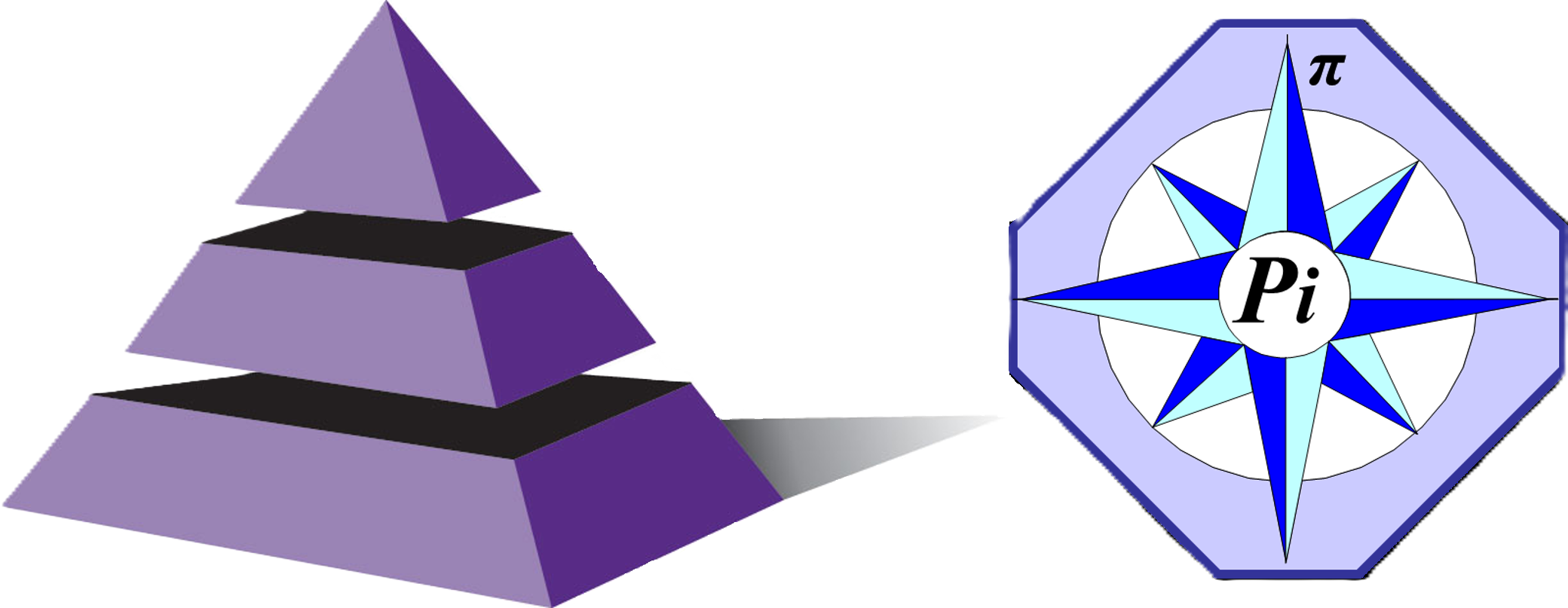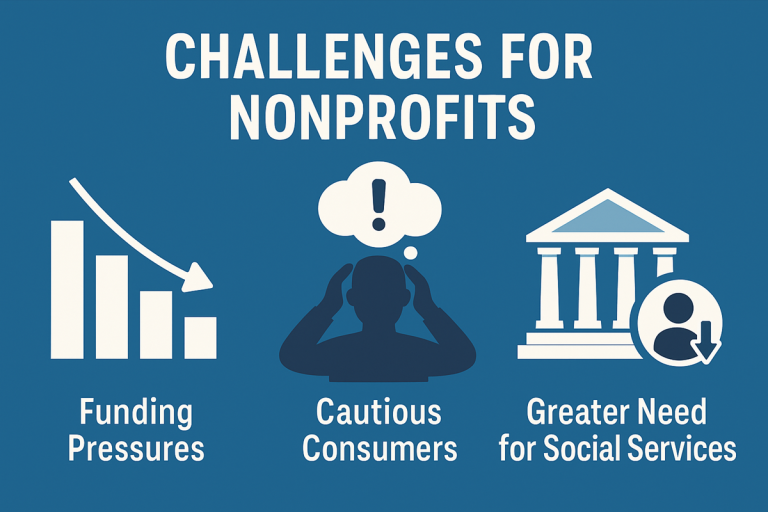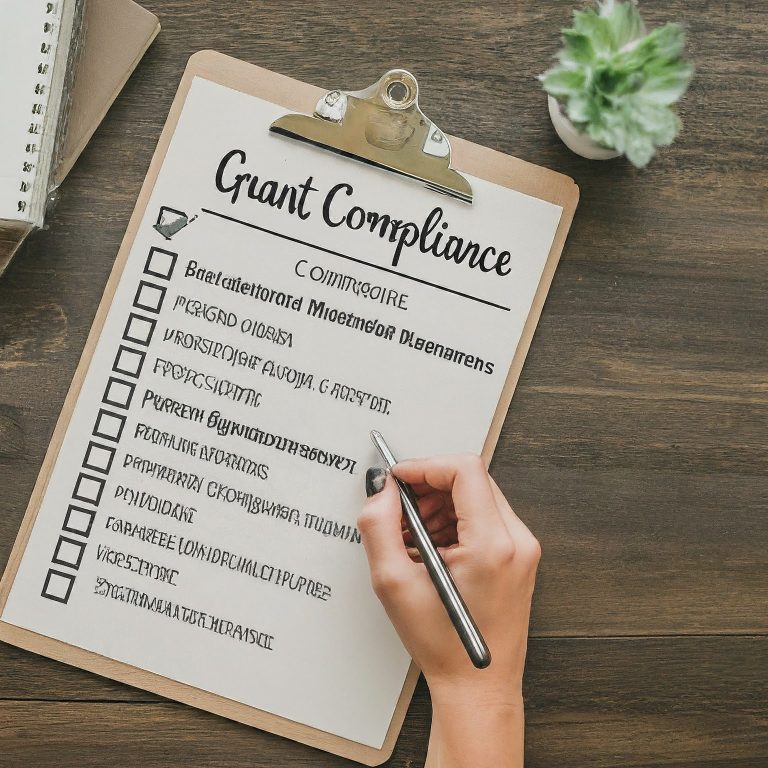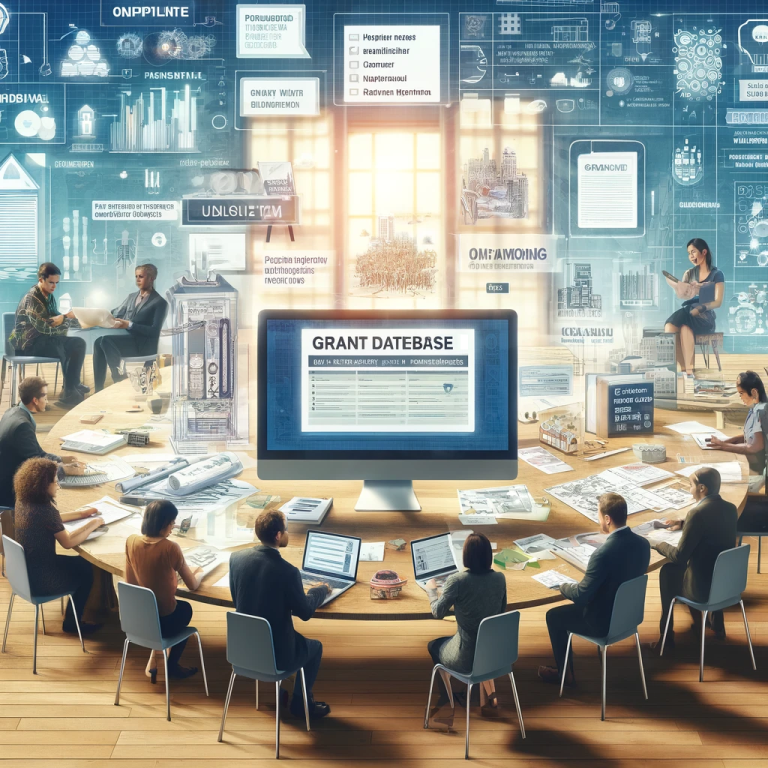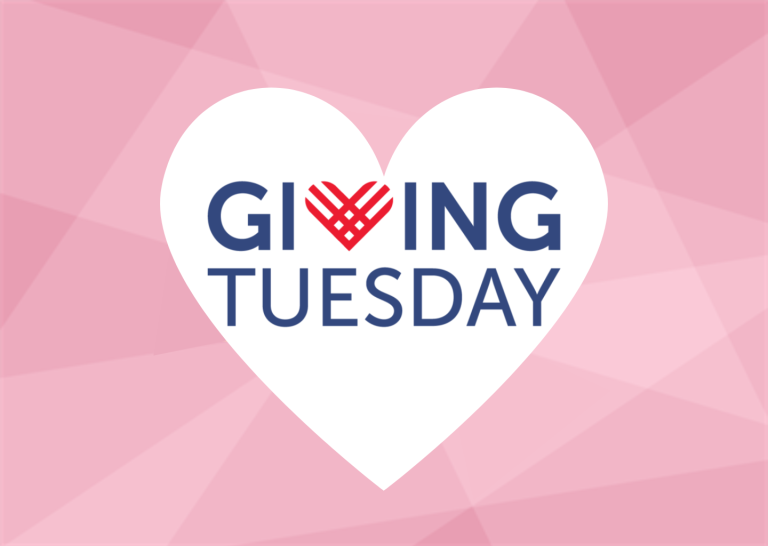Squeezed in 2025: The People Problem for Nonprofits (NP2025 3 of 3)
The People Problem: Volunteers and Staff Are Disappearing (NP2025 3 of 3) Beyond the budget, nonprofits in 2025 face an equally urgent issue: a shortage of people. Volunteer numbers have declined sharply in recent years, leaving many organizations without the support they need to run programs and events. While virtual and skills-based volunteering are growing trends, they haven’t replaced the lost volume of in-person engagement. At the same time, workforce shortages are disrupting internal operations….
